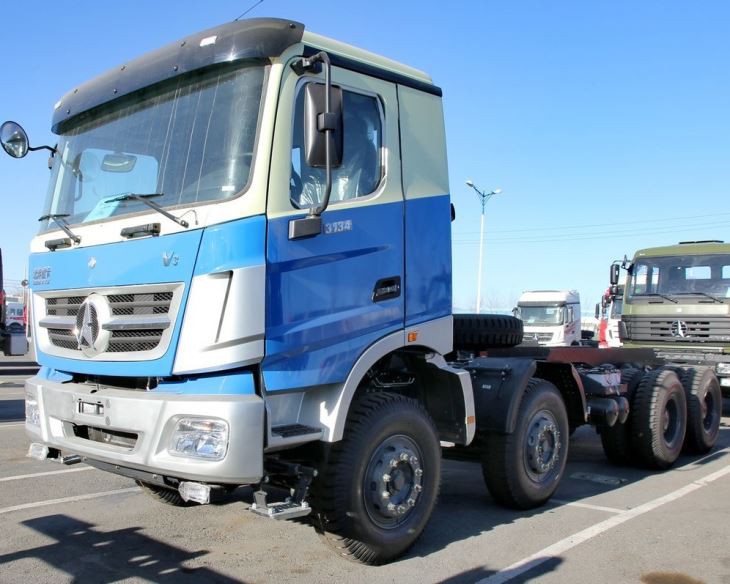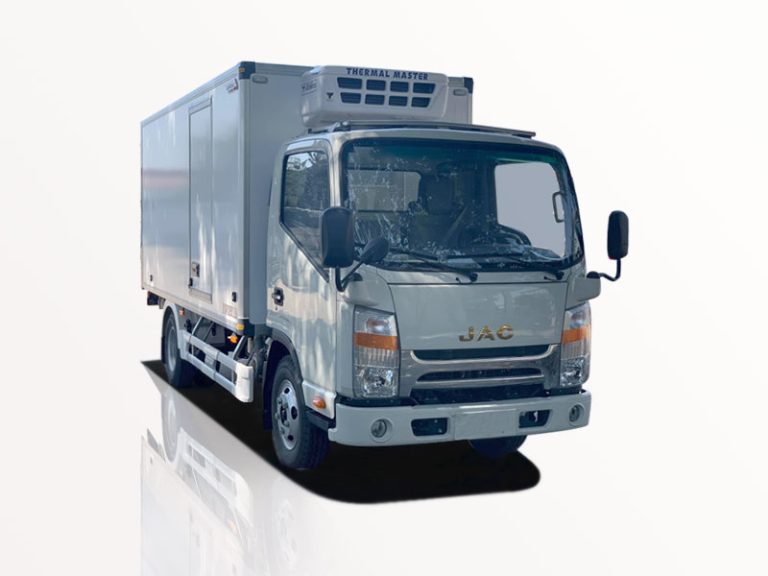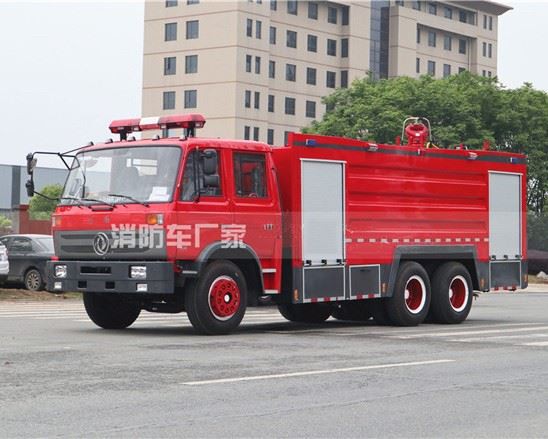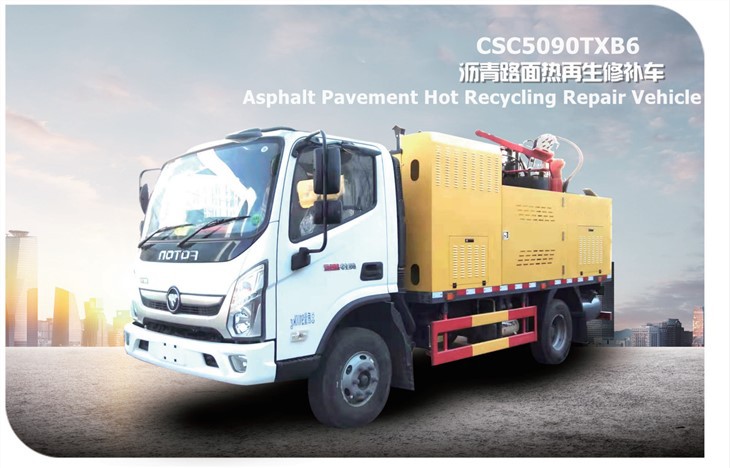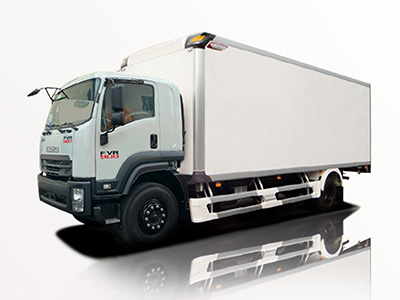One ton trucks are a popular choice for many individuals and businesses due to their versatility and capacity. They serve a variety of purposes, ranging from commercial use to recreational activities and family transportation. This comprehensive guide will delve into one ton trucks, covering their features, benefits, types, and practical applications. This article will equip you with the knowledge necessary to make informed decisions regarding one ton trucks.
Understanding One Ton Trucks
A one ton truck, as the name suggests, is designed to carry a payload of approximately one ton (2,000 pounds) or more. These trucks typically have a robust frame and suspension system, making them suitable for towing and hauling heavy loads. Their versatility makes them a staple in various industries, including construction, agriculture, and moving services.
Key Specifications of One Ton Trucks
One ton trucks are defined by several characteristics:
- Payload Capacity: Generally rated at 2,000 to 3,000 pounds, depending on the model.
- Towing Capacity: Can range from 6,000 to over 12,000 pounds.
- Engine Types: Available in gasoline or diesel engines, offering buyers a choice based on their needs.
- Bed Length: Typically ranges from 6 to 8 feet, with options for different bed configurations.
Types of One Ton Trucks
There are several categories of one ton trucks, each serving different needs:
1. Regular Cab Trucks
Regular cab trucks feature a single row of seating, providing ample space for hauling equipment and materials. They are ideal for those who prioritize cargo space over passenger capacity.
2. Extended Cab Trucks
Extended cab trucks offer extra seating in the back, making them suitable for families or work crews needing to transport multiple passengers alongside cargo.
3. Crew Cab Trucks
Crew cab trucks have four full-size doors and a spacious back seat, making them perfect for both work and leisure activities without sacrificing passenger comfort.
4. Flatbed Trucks
Flatbed trucks are designed with a flat, open bed, allowing for the transport of oversized loads, equipment, or materials that wouldn’t fit in a traditional truck bed.
5. Dump Trucks
Similar to flatbeds but equipped with a hydraulic lift, dump trucks are essential for construction projects where loose materials must be transported.
Benefits of Driving a One Ton Truck
One ton trucks come with many advantages, making them appealing for both personal and commercial use:
1. Versatile Uses
One ton trucks can transport a wide range of items, from family vacations with a trailer to heavy equipment for construction jobs. This versatility makes them a practical choice for many users.
2. Towing Capacity
The hefty towing capacity allows one ton trucks to handle trailers for boats, RVs, and large utility trailers, making them popular among outdoor enthusiasts.
3. Increased Stability and Control
Thanks to their larger size and weight, one ton trucks provide stability when hauling heavy loads, which translates to better control on the road.
4. Off-Road Capabilities
Many one ton trucks are equipped with four-wheel drive, allowing them to tackle off-road environments effectively, which is essential for work sites and outdoor adventures.
Top One Ton Truck Models in 2023
As of 2023, several one ton truck models are popular among consumers:
| Truck Model | Engine Type | Max Towing Capacity | Starting Price |
|---|---|---|---|
| Ford F-350 | Gasoline/Diesel | 37,000 lbs | $41,000 |
| Chevrolet Silverado 3500 | Gasoline/Diesel | 36,000 lbs | $40,000 |
| RAM 3500 | Gasoline/Diesel | 35,100 lbs | $42,000 |
| GMC Sierra 3500HD | Gasoline/Diesel | 36,000 lbs | $43,000 |
Cost Considerations When Buying a One Ton Truck
The price of a one ton truck can vary significantly based on numerous factors:
1. New vs. Used
New trucks typically come with warranties and the latest technology, while used trucks can provide savings but may lack reliability. It’s essential to assess your budget and needs critically.
2. Engine Type
Diesel engines generally cost more upfront but can provide better fuel economy. Gasoline engines are less expensive but may lead to higher fuel costs over time.
3. Optional Accessories
Accessories such as towing packages, upgraded suspension, and technology enhancements can add to the overall price but may enhance the truck’s capabilities and functionality.
Maintenance Tips for One Ton Trucks
Proper maintenance can extend the life of your one ton truck and improve performance:
1. Regular Oil Changes
Change oil every 5,000 to 7,500 miles, depending on the manufacturer’s recommendations and driving conditions.
2. Tire Maintenance
Check tire pressure monthly and rotate tires every 5,000 to 7,500 miles to promote even wear.
3. Brake Inspections
Inspect the brakes regularly. Pay attention to squealing or grinding noises which may indicate a need for replacement.
4. Fluid Checks
Regularly check transmission fluid, brake fluid, and coolant levels to ensure optimal performance.
FAQs About One Ton Trucks
1. What is the typical payload capacity of a one ton truck?
A one ton truck can typically carry a payload of 2,000 to 3,000 pounds, depending on the specific model and configuration.
2. Are one ton trucks suitable for daily driving?
Yes! While they are larger than standard pickup trucks, many one ton trucks offer comfortable ride quality and are suitable for everyday driving.
3. Do I need a special license to drive a one ton truck?
In most regions, a regular driver’s license is sufficient for driving a one ton truck. However, be sure to check local regulations.
4. What is the fuel efficiency of one ton trucks?
Fuel efficiency varies significantly based on the engine type and load but typically ranges between 10 to 20 miles per gallon.
5. Can a one ton truck be used for towing?
Absolutely! One ton trucks are ideal for towing and can handle trailers with weights ranging from 6,000 to over 12,000 pounds.
6. What should I look for when buying a used one ton truck?
When purchasing a used one ton truck, examine the vehicle history report, check for previous accidents, verify maintenance records, and have it inspected by a trusted mechanic.
